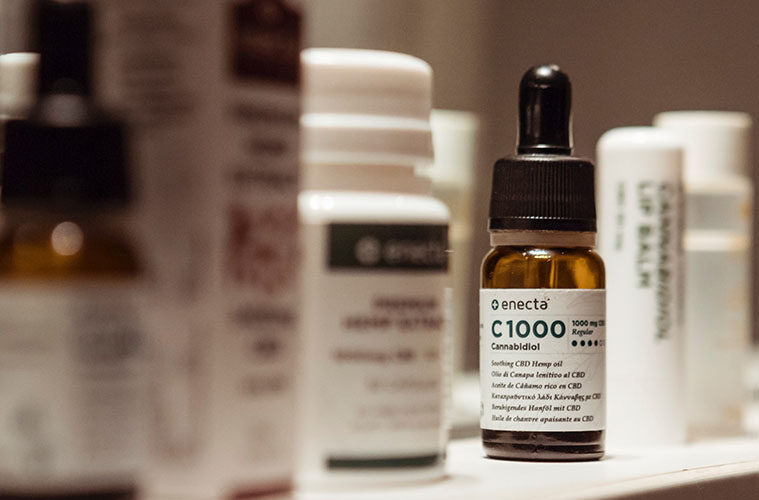In today’s world, it can seem almost impossible to keep up with the constant legislative and regulatory updates with CBD and CBD products. It’s easy to miss a piece of proposed or newly passed legislation, changing industry standards, or any number of other important factors that may directly impact your business. After all, just look at how much has changed when it comes to the hemp industry in only the last few years.
Many accounting firms and tax professionals simply don’t have the necessary knowledge, tools, or work papers to properly provide comprehensive hemp and CBD accounting services. Because of this, a few major issues arise.
DOPE CFO is the premier cannabis, CBD, and hemp accounting education program in the U.S. The company was established to be a trusted resource for accountants, CPAs, enrolled agents, bookkeepers, CFOs, and MBAs on how to safely and legally navigate the ever-growing cannabis and hemp industries. The only comprehensive cannabis-specific accounting program of its kind available today, DOPE CFO has supported nearly 500 accountants in 45 states over the last two years.
With DOPE CFO’s CBD CFO program, any accountant, tax professional, or firm can get up to speed in no time. Structured to be a super-simple plug-and-play method to building a world-class CBD and hemp accounting firm, DOPE CFO’s CBD CFO gives you and your employees over 100 work papers, templates, cost accounting workpapers, and charts of accounts specific to various hemp and CBD verticals and processes.
Hemp and CBD companies can rest assured knowing that DOPE’s accounting professionals know the differences and the characteristics of the cannabis and hemp plants and the laws governing their growth and distribution, and also the operational differences between the entities engaging in various cannabis and hemp and CBD verticals. Without the proper training, that can be a lot to sort out and keep organized.
Hemp and marijuana are both derived from the Cannabis sativa L. plant. Even though both are technically cannabis, CPAs should note that hemp was federally legalized under the 2018 Farm Bill, while marijuana remains a federally illegal drug under the Controlled Substances Act. In short, hemp can’t get you high, and its industrial and commercial uses reach far and wide — it is used to manufacture paper, textiles, fuels, edibles, oils, pain relievers, plastics and more.
When it comes to the tax regulations and rules involved with growing hemp, there’s a lot to sift through and decipher. With hemp and CBD now federally legal, they are no longer subject to the provisions of Internal Revenue Code 280E; companies engaged in hemp and CBD verticals can now take normal deductions just like any other business. To be able to legally operate without fear of breaking the law, you’ll need to understand regulations like IRC 471, IRC 263A, Sec. 199A, and the basics of farm accounting.
You’ll also have to make sure you’re compliant with the U.S. Department of Agriculture (USDA) standards, U.S. Food and Drug Administration (FDA) regulations and even U.S. Environmental Protection Agency (EPA) and Department of Labor rules set to impact the cannabis, hemp and CBD industry.
With more than 30 years of collective experience, the DOPE CFO instructors have put together a program that will help you navigate the murky waters of cannabis and hemp and CBD accounting. A DOPE CFO-trained accounting professional is a must-have for hemp and CBD and cannabis businesses across the country.
If you have decided that getting into the industry is the right choice for you and your firm, DOPE CFO is your one-stop resource for all your cannabis and hemp and CBD accounting needs.


